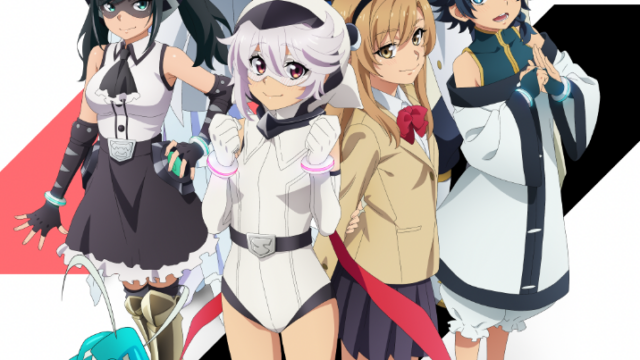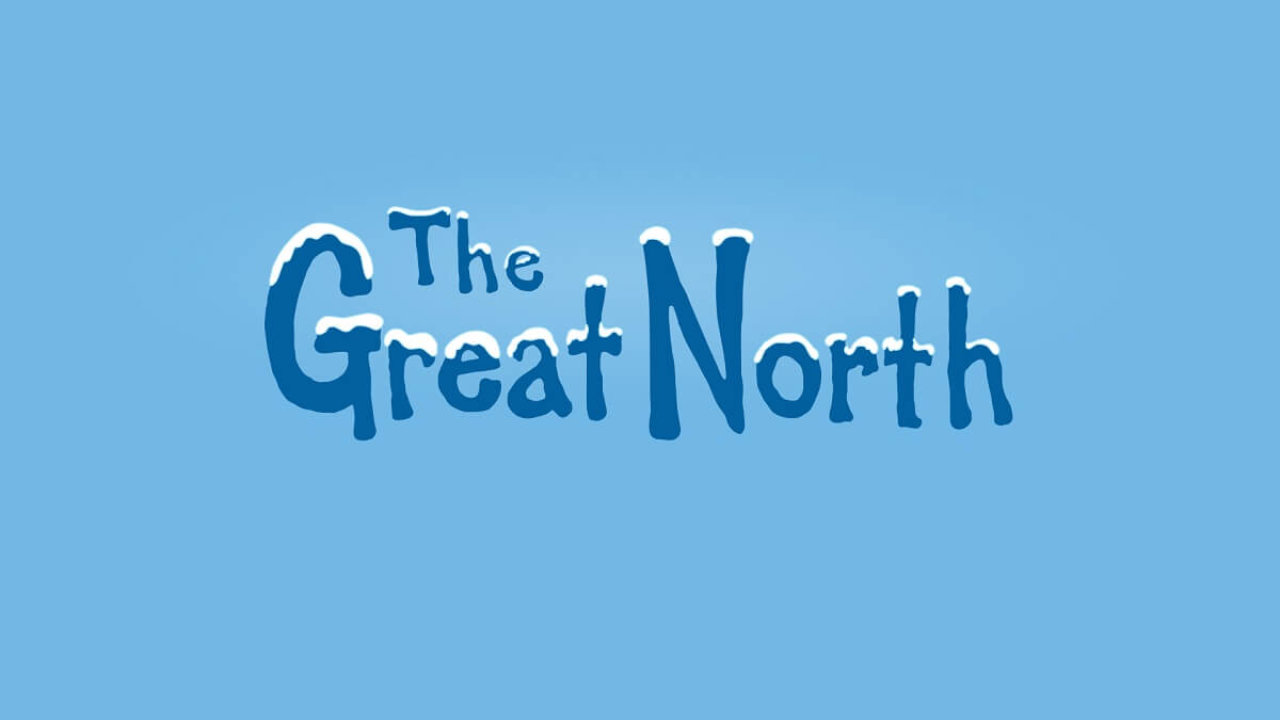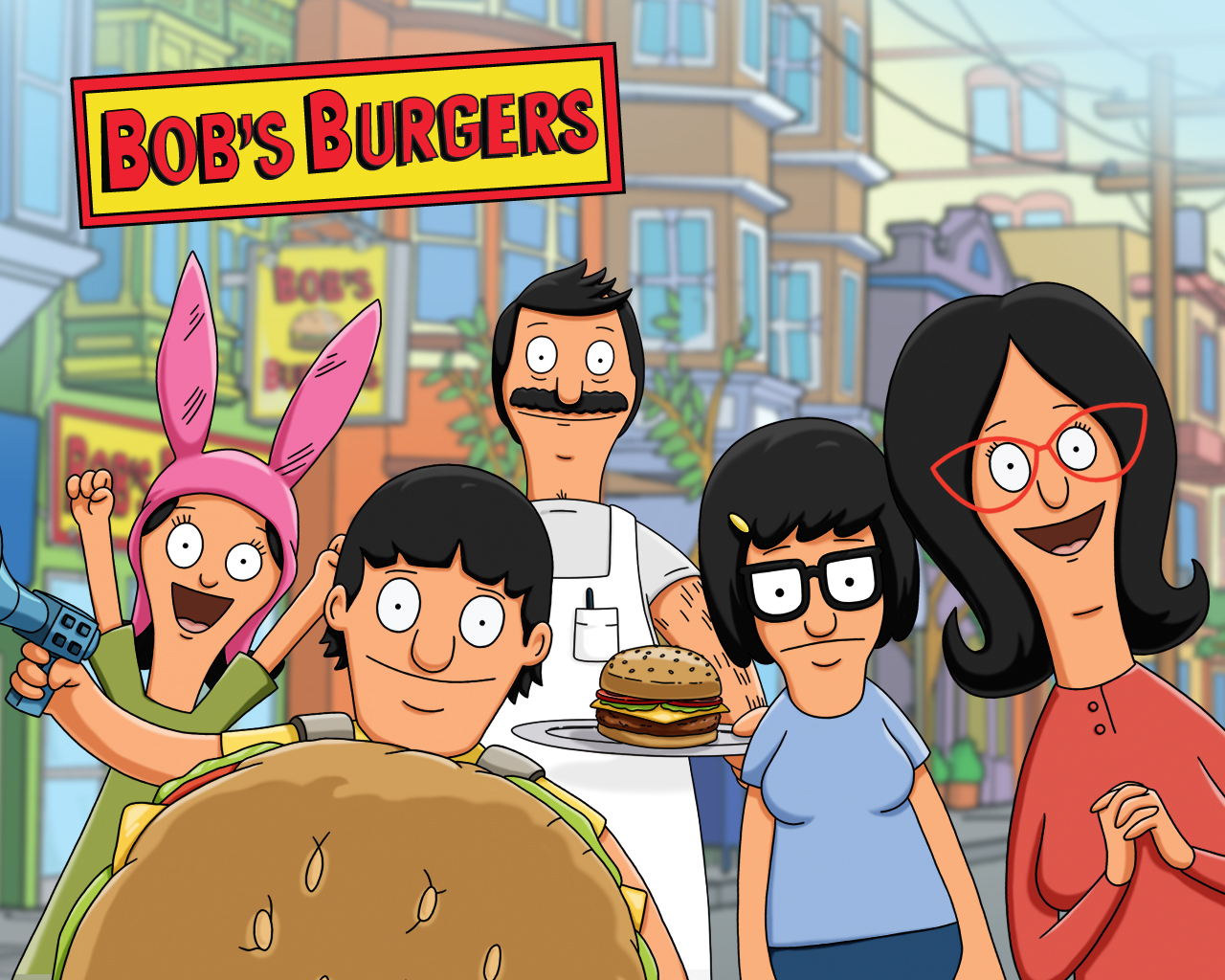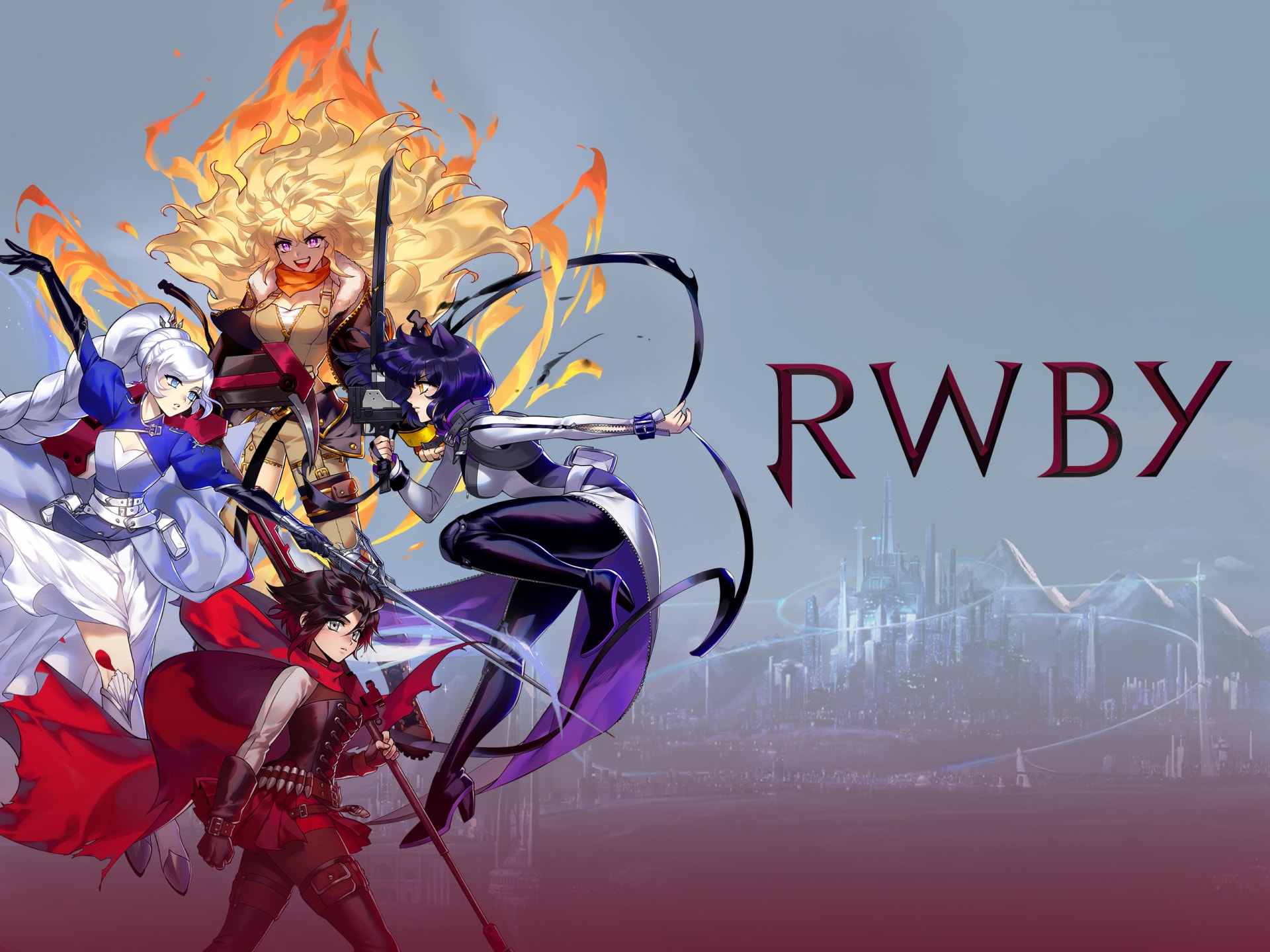Review: JJ Villard’s Fairy Tales “Boypunzel”
Overview(Spoilers Below):
The inaugural episode of JJ Villard’s Fairy Tales applies its mad science to the “Rapunzel” fairy tale. This revisionist take on the classic story, “Boypunzel,” sticks fairy close to the original narrative and tells the story of a boy who’s trapped in a toxic relationship that closes him off to the outside world. Boypunzel is dependent upon his abusive and magical mother, but his eyes are opened when he is befriended by a kindly girl who shows him the joys of life. Boypunzel soon finds himself in a difficult situation when he’s forced to choose between these two presences in his life and all of this comes to a head.
Our Take:
There are many areas of public domain stories that have become rife for re-appropriation or some kind of modern update. Fairy tales are a prime example and they’re something that have been played around with so many times that it can be hard to get excited over the idea, even when it’s meant to skew towards an adult audience. CBS All Access’ Tell Me A Story is a recent case of even when ideas are pushed to radical, mature places, they can still fall on deaf ears. That’s what makes JJ Villard’s Fairy Tales feel like such a special and exciting project because it actually does manage in making these old stories feel genuinely new and weird rather than redundant and boring this time around.
JJ Villard is a master of animation and if you haven’t seen his previous series, King Star King, or his pilot for Trap Universe, they should instantly become mandatory viewing. JJ Villard’s Fairy Tales leans more towards the latter of his previous works, but it remains faithful to his reputation for going against the grain and creating fun cartoons that almost feel like they’re propaganda from the way in which they’re presented. They feel like something that you’re not supposed to be watching. That’s a hard energy to cultivate, but it’s something that JJ Villard does very well.
Accordingly, that makes it extremely exciting to see him apply this post-modern filter to something as innocent and well known as children’s fairy tales. It almost turns this into a borderline dangerous piece of television if somehow a bunch of children were to watch it, but that only accentuates the message that’s present in JJ Villard’s Fairy Tales. It’s a wild, eccentric, hilarious series that’s a very satisfying addition to Adult Swim’s line-up.
The most impressive thing about “Boypunzel,” the first episode of JJ Villard’s Fairy Tales, is how much story it manages to cram into a modest eleven minutes. The episode operates at a whirlwind pace where the narrative at the beginning tells a fully story in a mere matter of minutes before the real narrative begins. It makes for a strong start for the series and this frenetic and busy pace compliments the show’s fearless tone.
For instance, this first episode illustrates that some installments will riff on several fairy tales rather than just one. “Boypunzel” is an interesting hybrid that begins with the trappings of the “Rumplestiltskin” fairy tale before that idea gets swallowed up by the story of “Rapunzel.” The series finds justified ways to combine stories together where it uses fairy tales that compliment each other and reflect similar ideas.
“Boypunzel” follows the typical beats of the “Rapunzel” story, but it’s full of a nihilism and darkness that helps it stand out and give it an edge. This is despair masquerading as glee and in that sense it operates as a clever update to the inherent darkness of the original Brothers Grimm fairy tales. The Gallagher watermelon gag in this episode is a perfect example of a pitch-black act that’s presented as an act of silliness. This tonal whiplash is one of the series’ greatest strengths. Alternatively, the material where Boypunzel is forced to feat on the oozing contents of his mother’s blackheads legitimately made me wince and was hard to watch. Villard wants to push buttons and incite a reaction and he definitely succeeds in that regard. He deliciously tows that line between comedy and obscenity.
JJ Villard’s Fairy Tales utilizes a schizophrenic style of animation where every scene plays by its own rules and will go wild in different ways. It employs this simple, unassuming art style that caters to the friendly nature of fairy tales, but there are moments where the darkness that hides underneath reveals itself through the animation in exciting ways. It feels like there’s always some kind of movement present in every scene and there are all sorts of creative creatures that scurry about to little consequences other than adding more visual flavor to the series. The several moments where visuals in the foreground are framed against intimidating splash panels in the background are a great way to accentuate a feeling of doom and get the audience’s attention.
The most exciting animation sequence in “Boypunzel” occurs during the episode’s climax when Boypunzel is able to finally confront his mother over her hellish treatment of Princess Jezebel and the sheltered life that she’s trapped him in. The mother wields magic, which makes for a pleasant display and helps heighten this encounter All of the crazy hair effects that Boypunzel utilizes are a blast and will likely incite memories of Dixie Kong from the Donkey Kong Country series. It’s oddly satisfying to see Boypunzel use his hair to launch himself forward like a rocket or helicopter through the air. It helps reflect that there are still lighter moments to this series, like the simple gag of Boypunzel maturing into Manpunzel.
There’s a clear love and respect for the horror genre in JJ Villard’s Fairy Tales and its influence on the series is obvious in nearly every element of the animated show. However, one area where the series really gets to have fun is with the voice cast that they’ve assembled here, which is a bonkers who’s who of the horror genre. Finn Wolfhard voices Boypunzel, with Heather Langenkamp, Doug Bradley, and Twin Peaks’ Sheryl Lee providing the voices for the other characters. It’s a really nice touch to all of this and likely something that will continue through the series. Furthermore, while the series plays around with how it peppers cheerful Disney-esque musical numbers throughout the episode, its score is reminiscent of Kubrick’s filmography and is a very haunting, unnerving use of music.
Gags and disturbing visuals aside, “Boypunzel” actually has a lot to say about how family can be both a positive and negative force. The episode elegantly illustrates how a destructive family can be more of a mental prison than any isolating tower. “Boypunzel” becomes a story about how it’s important to not live life in fear and to go out and face the world, even if it’s scary. Boypunzel’s manipulated perception of the world has warped his mind and damaged him far more than anything that’s actually out there. “Boypunzel” is a very dark episode and it’s appreciated to see that the show’s premiere doesn’t hold back or take things easy. It’s also encouraging that “Boypunzel” goes out on a (reasonably) happy ending and still pushes a positive conclusion. That being said, it’s still all sorts of messed up, which bodes for an encouraging season of stories that put the “grim” back in Brothers Grimm.























Just cancel this bird already. The chicken is beyond cooked. It's burnt to a crisp.